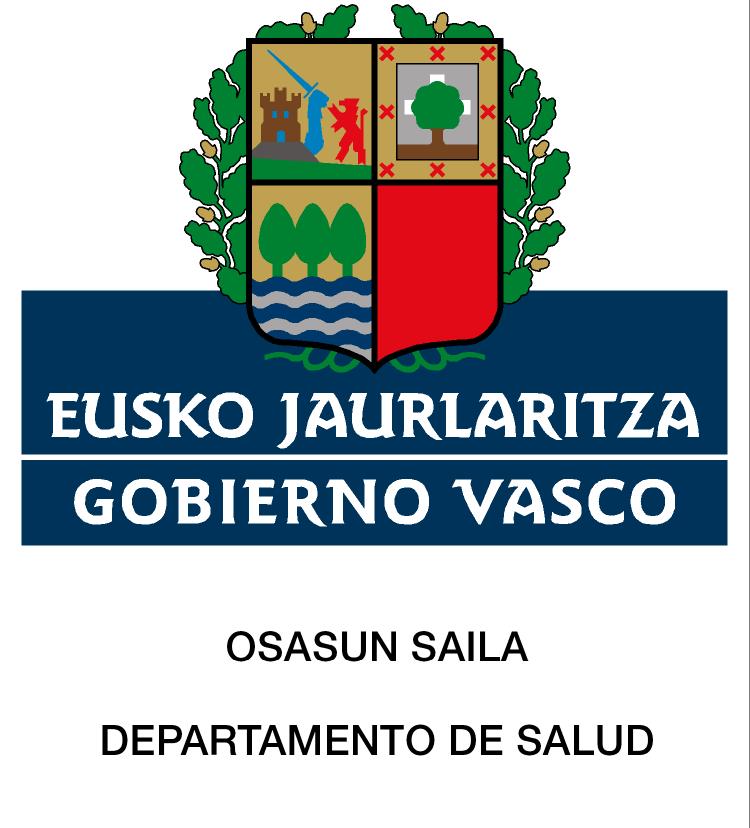Impact Euskadi Cohorte: precision medicine infraestructure associated with science and technology.
Call for tender for project: Aid for health research and development projects 2022: Promotion of health research activity
Funding body: Department of Health, Basque Government
Record no.: 2022111035
PI: Eduardo Millán
Funding awarded: €0.
Description:The model of access to PC is based on: the implementation of a care system through which to organise access flows to health centres, so that citizens can access the professional who can respond effectively and efficiently to their health needs. In other words, a system that aims to guarantee the most appropriate care through the different types of consultations (face-to-face, telephone, administrative, etc.) by the most appropriate professional among those who make up the PC team (Administrative Area, Nursing and Medicine), which can be requested through different channels, such as the web appointment, health folder, or the flowchart used by the AA in telephone calls.
Objective: The project aims to analyse the new models of access to PC, as well as the possible inequities and inequalities that may arise from this model, with the aim of designing strategies to resolve them. The following objectives are set:
- To analyse the changes in access to Primary Health Care (PC) and the inequalities in access produced after the reduction of face-to-face care throughout the COVID-19 pandemic in the Basque Country, during the period 2019-2022.
- Describe the changes in the number of consultations by modality (face-to-face, telephone, home visits) in the different PC services (medicine, nursing, paediatrics, paediatric nursing and midwifery), differentiating the purpose of the consultation (consultations for COVID-19, other consultations).
- To describe the changes in the socio-demographic and health profile of the evolution of the consultations carried out, differentiating their modality (face-to-face, telephone, home visit) and type of PC service requested (medicine, nursing, paediatrics, paediatric nursing and midwifery).
- To explore the perceptions and experiences of PC professionals and the population (PC users and non-users of PC) on the impact of changes in the modalities of consultation and reduction of face-to-face attendance throughout the pandemic on access, quality of care and inequalities in access to care.
- To analyse inequalities in the use by the population of health care access services offered through new information and communication technologies in the Basque Country during the period 2019 to 2022.
- To describe the use of online care services (Health Folder, Online Health Advice, Patient Doubt, Web Appointment).
- To examine the socio-demographic, socio-economic and health profile of users of online care services and their change over the period.
- To analyse the evolution in the use of these services, as well as in the profile of their users.
- To explore the perceptions and experiences of PC professionals and the population (PC users and non-users of PC) about these services, their use, as well as the impact on inequalities in access to the health system.
Study design: In order to meet the objectives set out, a mixed design based on a combination of quantitative and qualitative perspectives is envisaged, referring to the population resident in the Basque Country.
Expected results: Improvement The results of this project will make it possible to make visible and create evidence in this respect: the experience of the COVID-19 pandemic as a natural experiment and the measures adopted in this respect, together with the quality and exhaustiveness of the data sources that will be used, will make it possible to analyse the impact of these changes in the modalities of consultations in the different social groups, generating evidence transferable to recommendations on health policies for the implementation of measures to reverse the possible generation of social inequalities in access.

